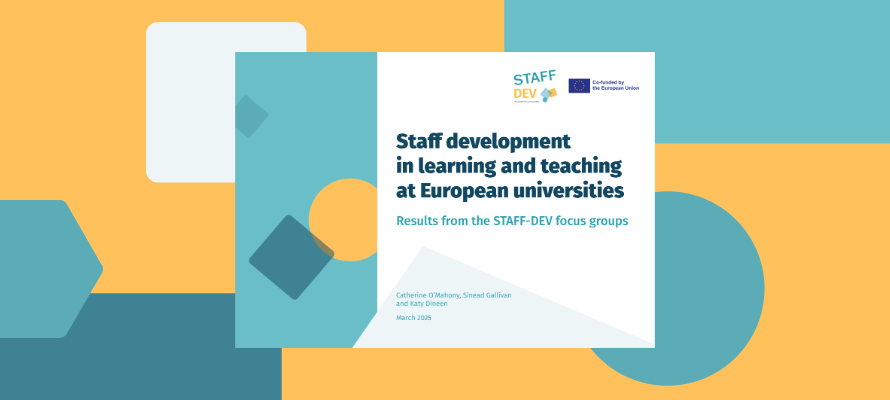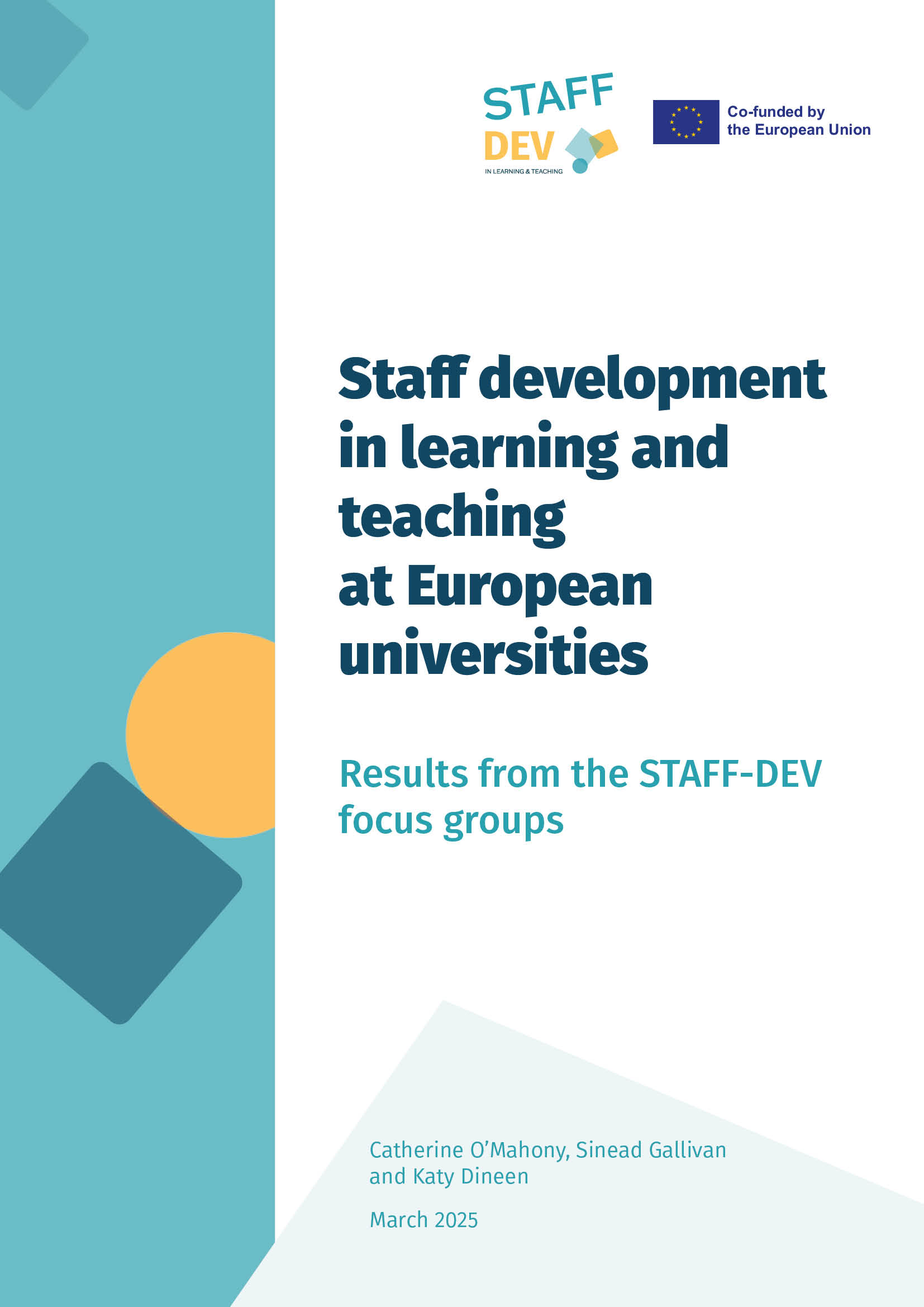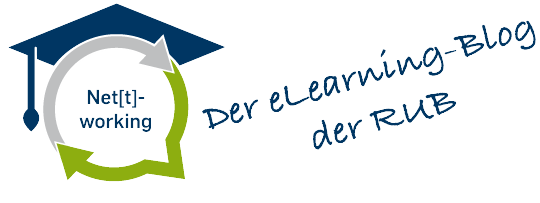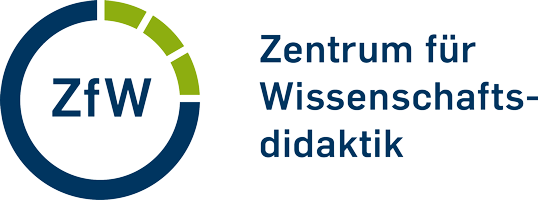
Key Insights from the second STAFF-DEV Study
- Institutionalization of Staff Development – Many institutions are embedding staff development in their strategic frameworks, linking participation to promotion and research opportunities. However, tensions exist between mandatory and voluntary participation and between responding to staff needs versus aligning with institutional or national standards.
- From a 'Tick-Box' Climate to a Culture of Teaching and Learning – Some of the participants expressed concerns that staff development is sometimes seen as a formal requirement rather than a genuine opportunity for growth. The challenge is to foster an environment where development is valued for its intrinsic benefits rather than just as a career advancement tool.
- The Role of Relationships in Staff Development – Strong peer networks and institutional support play a significant role in engagement with staff development. When staff feel supported and connected through learning communities, they are more likely to integrate new pedagogical practices into their teaching.
- Barriers to Engagement – The most common barriers include time constraints and the instability of support. When institutions fail to allocate sufficient time or resources to staff development, participation suffers, leading to a disconnect between strategic priorities and actual practice.
Join the Second STAFF-DEV Masterclass: Advanced staff development - fostering educational leadership and scholarship
To learn more and register, visit: EUA Masterclass.
How the Zentrum für Wissenschaftsdidaktik shapes the Future of teaching related Staff Development at RUB
More about the STAFF-DEV project
Neuigkeiten aus dem ZfW per E-Mail erhalten





